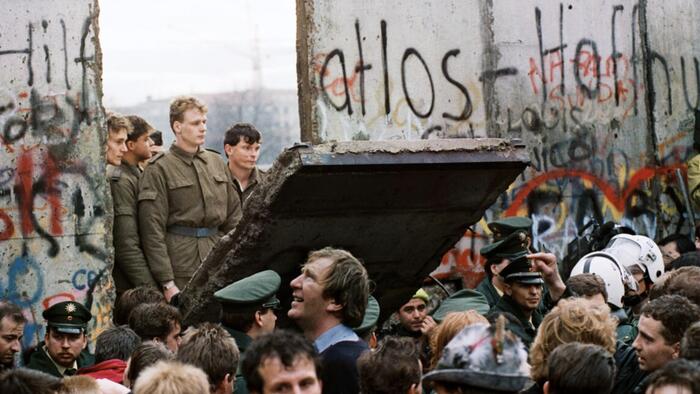


As Germany marks 35 years of reunification on October 3, some depopulated eastern towns are offering “trial-living” schemes: several weeks of super-cheap housing to attract new residents, according to Yahoo/AFP.
Participants pay just €100 a week, and in towns like Guben, flats can be rented for only €5–7 per square meter.
One of the newcomers is kindergarten teacher Weslawa Goeller, 50, from Mainz, who is testing life in Guben with her toddler. At first, she said, “Since I arrived, I feel like I never see anyone.” But she’s warming to its pace: “It’s green and quiet,” and with free childcare, “I could easily work here as an educator.” Still, she admits, “Old trees like me are hard to uproot. But I might decide to move here.”
Yahoo/AFP writes that Guben’s population has dropped from 31,000 in 1990 to 16,000 today, despite its slogan, “A town where people stay.” Like much of the east, it never recovered fully from the collapse of state industries after 1989. Researcher Tim Leibert warns the demographic decline could become “a bomb for the German economy,” with the east projected to lose up to 16% of its population in 20 years.
Some, however, embrace the quiet. Anika Franze, 38, left the “Berlin party scene” for Guben and now works on the trial-living initiative. She calls the scheme “a very modern concept, a bit like a 30-day right of return.”
Project head Kerstin Geilich, 61, recalls the economic trauma of the 1990s but says conditions have improved with jobs in factories and healthcare. Still, “It’s hard to make (people) understand that you can find a good job here today.”
Other towns are following suit. Eisenhuettenstadt, built in 1950 as East Germany’s steel hub, has lost half its population since reunification. Mayor Frank Balzer calls it “the tragedy of the 1990s.”
IT consultant Melanie Henninger, visiting from Bremen, is considering a move: “I would like to contribute to society here, for example by training older people in digital technology.” She adds, “I try not to have any preconceptions... I have to give this place a chance.”
